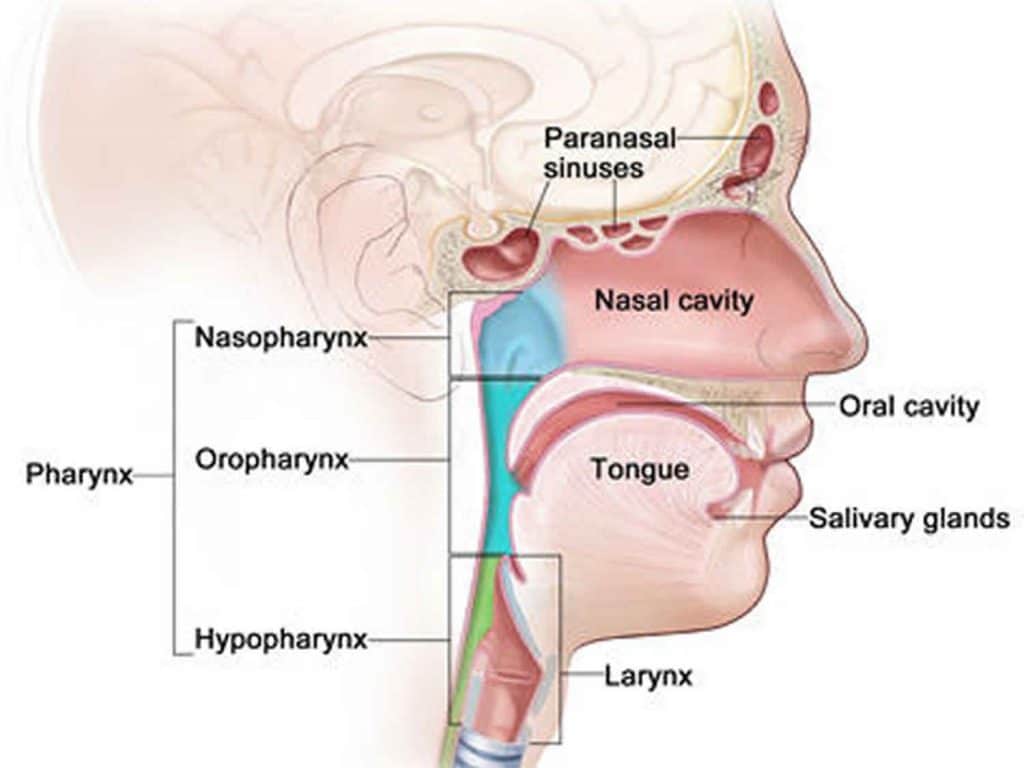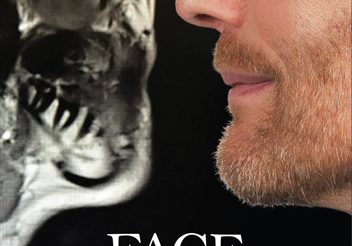Types of Head and Neck Cancer
Sinus Cancer
On this page
Head&Neck Cancer Types
Cancer Description
The nasal cavity is the large, air-filled space behind the nose. Paranasal sinuses are air-filled spaces at the front of the skull and surrounding the nasal cavity. They are found in the cheeks (the maxillary sinuses), above the eyes (the frontal sinuses), between the eyes (the ethmoidal air cells or sinuses) and behind the ethmoidal air cells (sphenoid sinuses).
Nasal and paranasal cancers are relatively rare. The most common location of paranasal sinus cancer is the maxillary sinus.

Sinus and Nasal cavity cancer symptoms
The symptoms of nasal and sinus cancer are similar to viral or bacterial infections, such as the common cold or sinusitis, and include: facial pains or numbness in the face, a persistent blocked nose, nosebleeds, a decreased sense of smell and persistent mucus running from the nose or down the throat. Symptoms are often one-sided. Other symptoms include:
- Watery eyes
- Vision problems
- Teeth loosening or pain
- A lump or growth on the face
Common Treatment Approaches
The treatment for sinus or nasal cavity cancers typically involves a combination of treatment methods, and the exact prognosis depends heavily on the stage at diagnosis. Your consultant will describe your specific treatment and prognosis. The information below is for illustration purposes only;
- Surgery. This is primary treatment for most sinus or nasal cancers. It involves removing the tumour and possibly surrounding tissue and may include lymph node removal if cancer has spread. It may include endoscopic surgery (using a thin tube with a camera) and more extensive surgery might be needed for advanced cases. Much depends on the stage and size of the affected area, laser surgery can be used to accurately removal the tumour.
- Radiotherapy. Often used after surgery to kill remaining cancer cells. Sometimes used as primary treatment if surgery isn’t possible and may be given before surgery in some cases to shrink the tumour. The treatment may be combined with chemotherapy (chemoradiation).
- Chemotherapy. Less commonly used than surgery or radiotherapy. Can be given before surgery to shrink tumours. May be recommended for advanced cases.
Your consultant will evaluate your overall general health at the point of diagnosis looking at the following aspects; the cancer stage at diagnosis, age and lifestyle.
The consultant will have regular check-ups with you for at least 5 years after treatment. Many patients can return to normal activities, though some may experience lasting effects from treatment, such as dry mouth or changes in swallowing function. See Post Treatment side effects.
Useful links
Suggested additional sites that may offer helpful information:
Sinus and Nasal cavity cancer tests and next steps in the NHS
Patient Stories
Please join our private Facebook Group to get support and advice from fellow patients and carers



